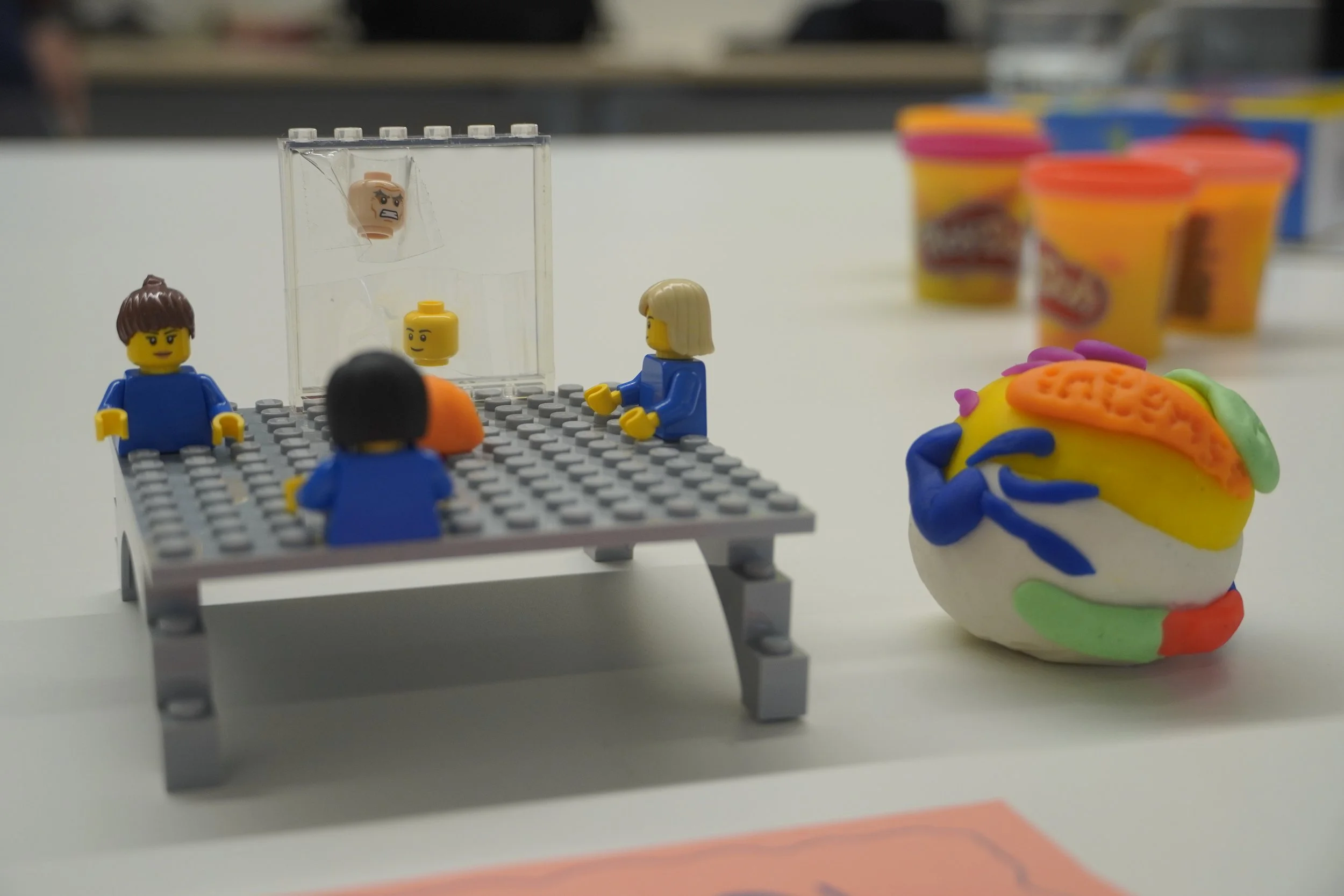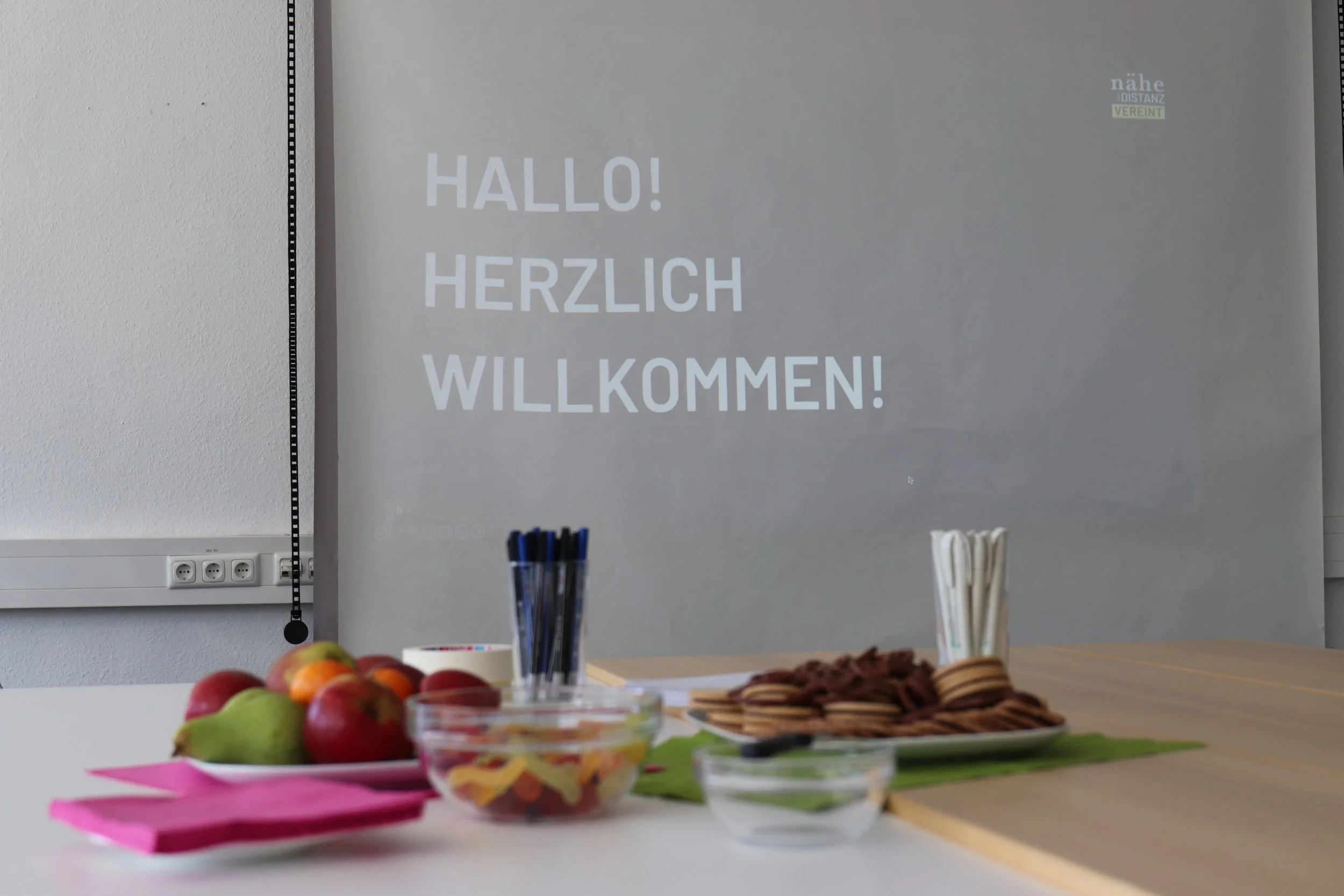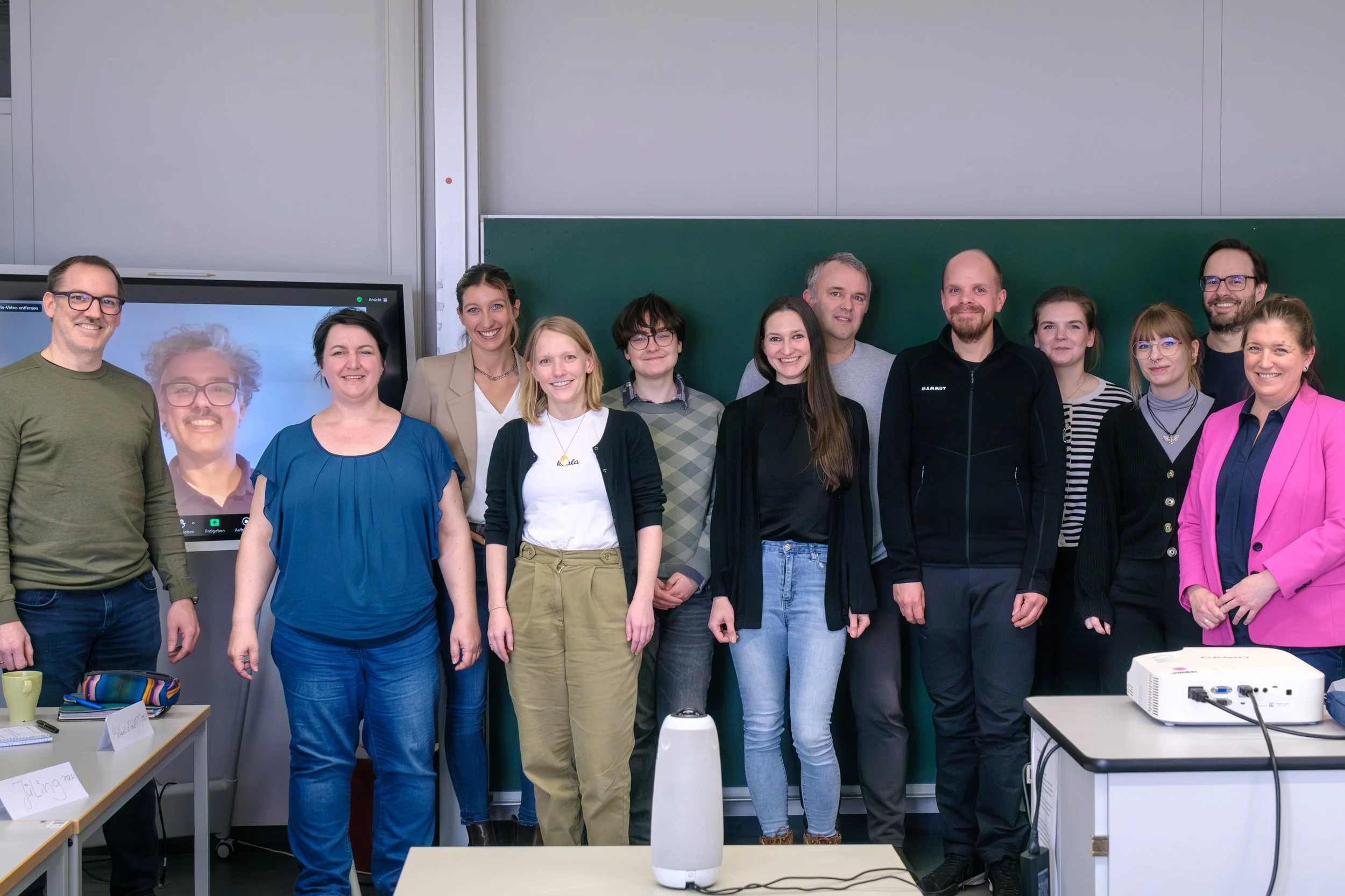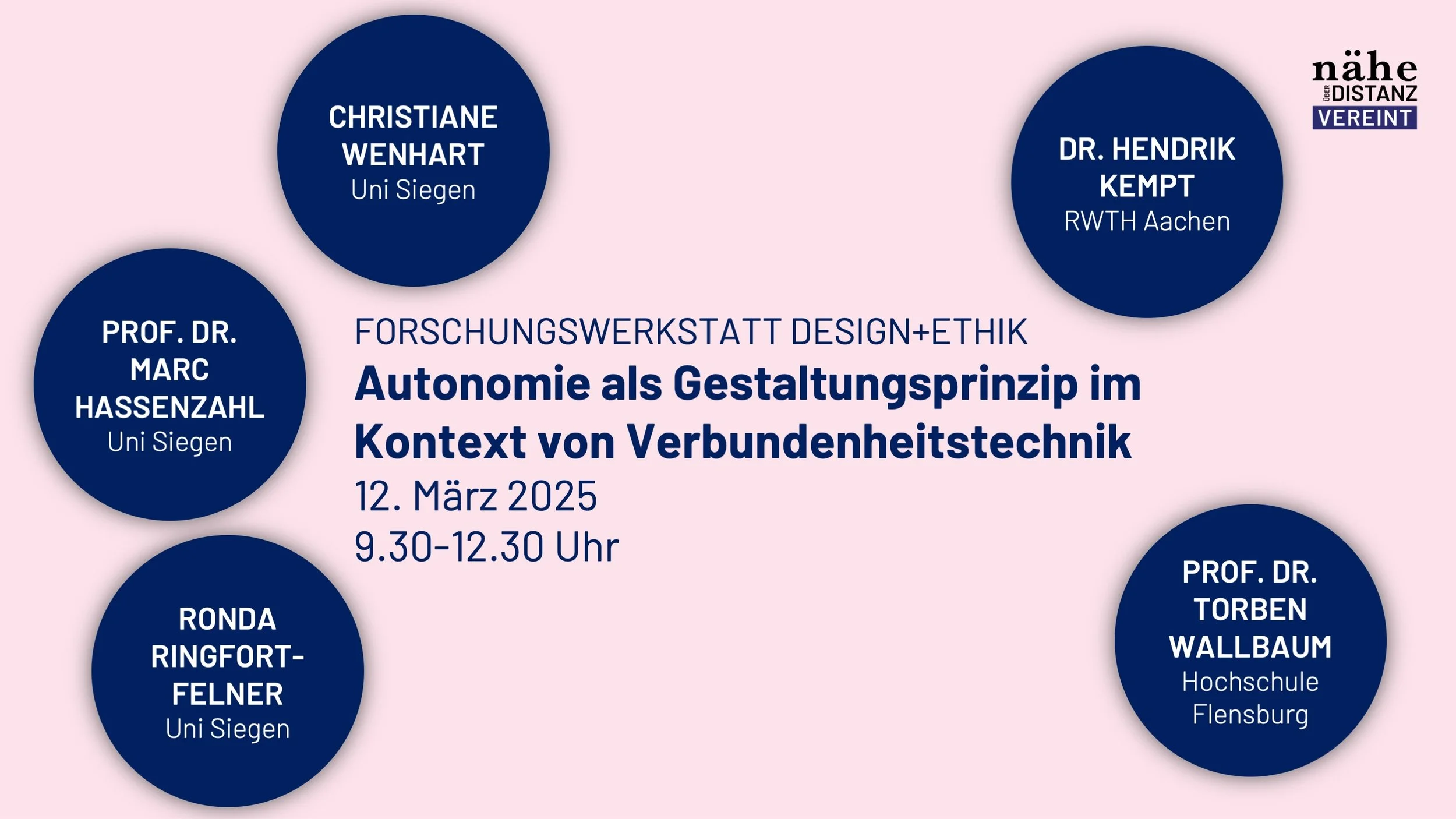NordiCHI Workshop: Otherware needs Otherness
Otherware needs Otherness: Understanding and Designing Artificial Counterparts
Workshop at NordiCHI 2020 | October 25 - 29, 2020 | Tallinn, Estonia
Most approaches in Human-Computer Interaction follow the ideal of embodied interaction. However, more and more technologies evolve, such as chatbots, smart voice interfaces, and domestic or social robots, that imply a fundamentally different relationship between human and technology. This “otherware” presents itself either incidentally or by design as computational counterpart rather than as embodied extension of the Self. The predominant strategy to design form and interaction with otherware is to mimic humans or animals (i.e., naïve anthropomorphism or zoomorphism). While this strategy has some advantages, we call for exploring an alternative, namely to cultivate the otherness of computational counterparts rather than to mimic existing lifeforms.
The workshop will bring together computer scientists, psychologists, designers and artists to speculate on alternative models of interacting with otherware and appropriate forms of otherness. It lays the foundation for a more nuanced perspective on how to design the interaction with computational counterparts besides embodied interaction.
Important dates
Contribution deadline: 01.09.2020 (AoE)
Acceptance notification: 15.09.2020
Workshop date: TBA
Call for participation
We invite researchers, artists, designers, and technologists to submit a 1-4-page position paper, portfolios, films, artworks, pictorials or other creative pieces that describes their work and interest in cultivating the otherness of computational counterparts, as well as a brief personal bio. We encourage the ACM single-column Review Submission Format, but you are welcome to submit using any format.
Facing the challenges and opportunities of Otherware, the objective of this workshop is to cover tools and methods to explore which attributes contribute to establish and foster alterity relationships, conceptual, ethical and normative issues, application domains, (design) case studies, and other creative approaches. We strongly encourage creatives, designers, and artists to submit their work even if they work is not located in academia.
Please visit the workshop website for more information and to participate!












